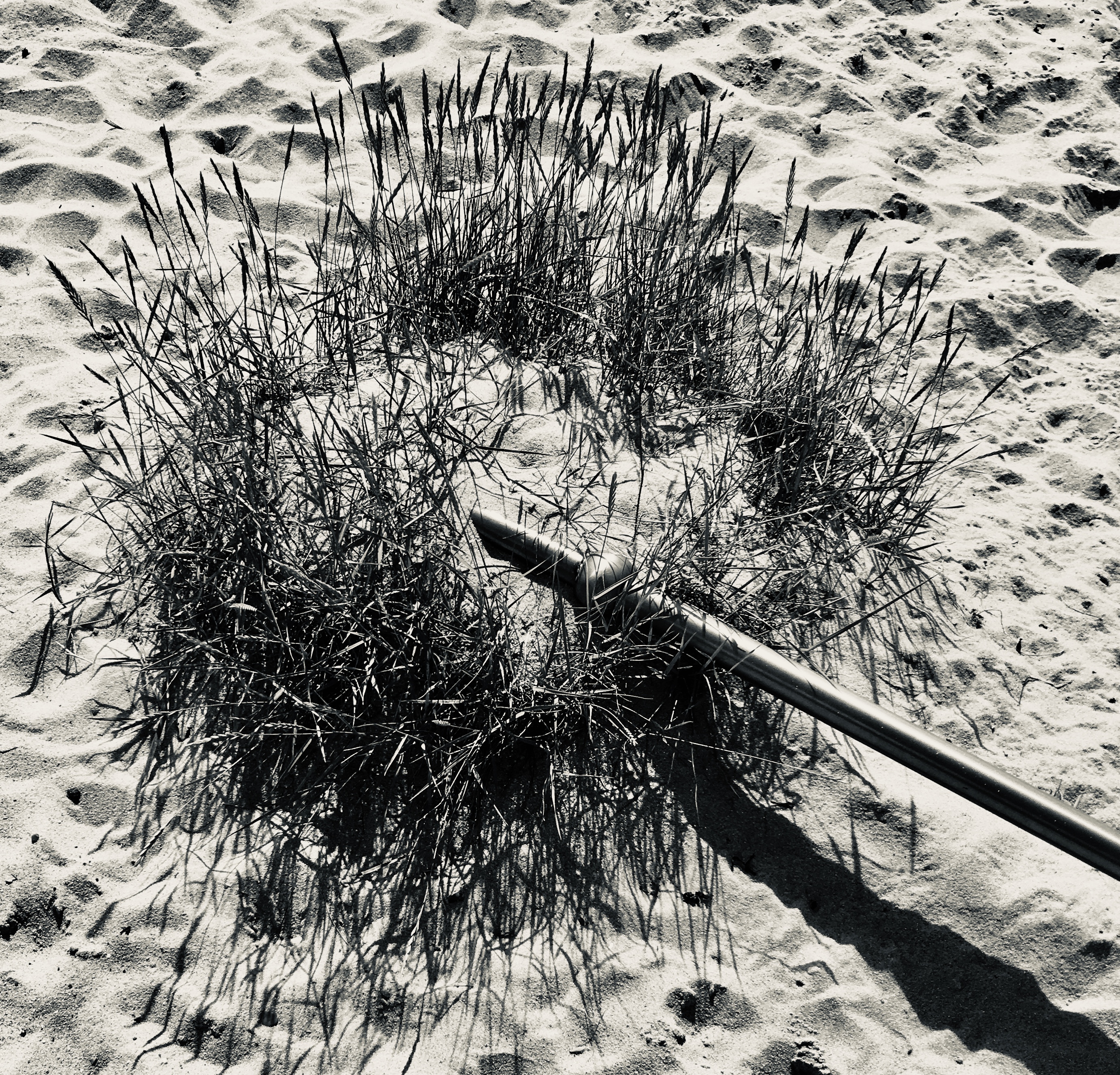THE UNSETTLED DUST by Robert Aickman

“It’s only in fiction that there’s anything really dangerous.”
The Historic Structures Fund — that employs the narrator as its Special Duties Officer, for whom I shall now use the first person pronoun — regularly takes over downtrodden country houses and gets them going again, and allows the owners to stay living there as the property’s ’dummies’, a word used resentfully by Agnes, one of the two Brakespear sisters, about their role as custodian of the house they once owned. The two sisters are Olive — horse rider and pianist, a woman at least slightly attractive to me when visiting their Clamber Hall both as a guest and as the Fund’s representative ‘owner’ of the Hall (seeming to be more a ‘model’ to me than a structure) — and Agnes herself the more unapproachable of the sisters.
We of course already know about various things in this story — about the dust that accumulates in rooms and on surfaces, even with no cement works nearby, dust like ‘toy snow’ — about the ghostly male figure one sees only once, except perhaps when he is outside and inside the room at the same time by dint of some peculiar reflection at night in the room’s window — the ever prevailing ‘grey’ Elizabeth Craw, supposedly the servant (but the dust is repeatedly called ‘grey’, too) — the dust ‘globe’ that I see once lightly bowling round the grounds, and I think again of the wheeling rooks like burnt newspapers — the legend of the car accident years ago involving the lover of one of the sisters and the acrimony resulting in their ongoing relationship — and about many other accumulating things…
But, to cut a long list short, I am here to work on the River Bovil project in the nearby grounds along with a man called Hand and his helpmates, so it is not for me to worry about the dust or these sisters, yet when I gash my own hand, I do think again….
Like earlier “pushing through endless thickets of dead bramble and dogrose”, my nightly conversations, indeed, are dry and unproductive with the sisters, and thus they go to waste…
“…what an odd way it it was for people of opposite sexes to spend the evening when, after all, there was nothing ahead that any of us could be sure of but infirmity, illness and death. It is strange that people train themselves so carefully to go to waste so prematurely.”
Perhaps that now gives a clue as to why this Aickman story is often criticised for having an abrupt, unsatisfying and, yes, premature ending?
All my reviews of Aickman works: https://dflewisreviews.wordpress.com/robert-aickman/
No comments:
Post a Comment